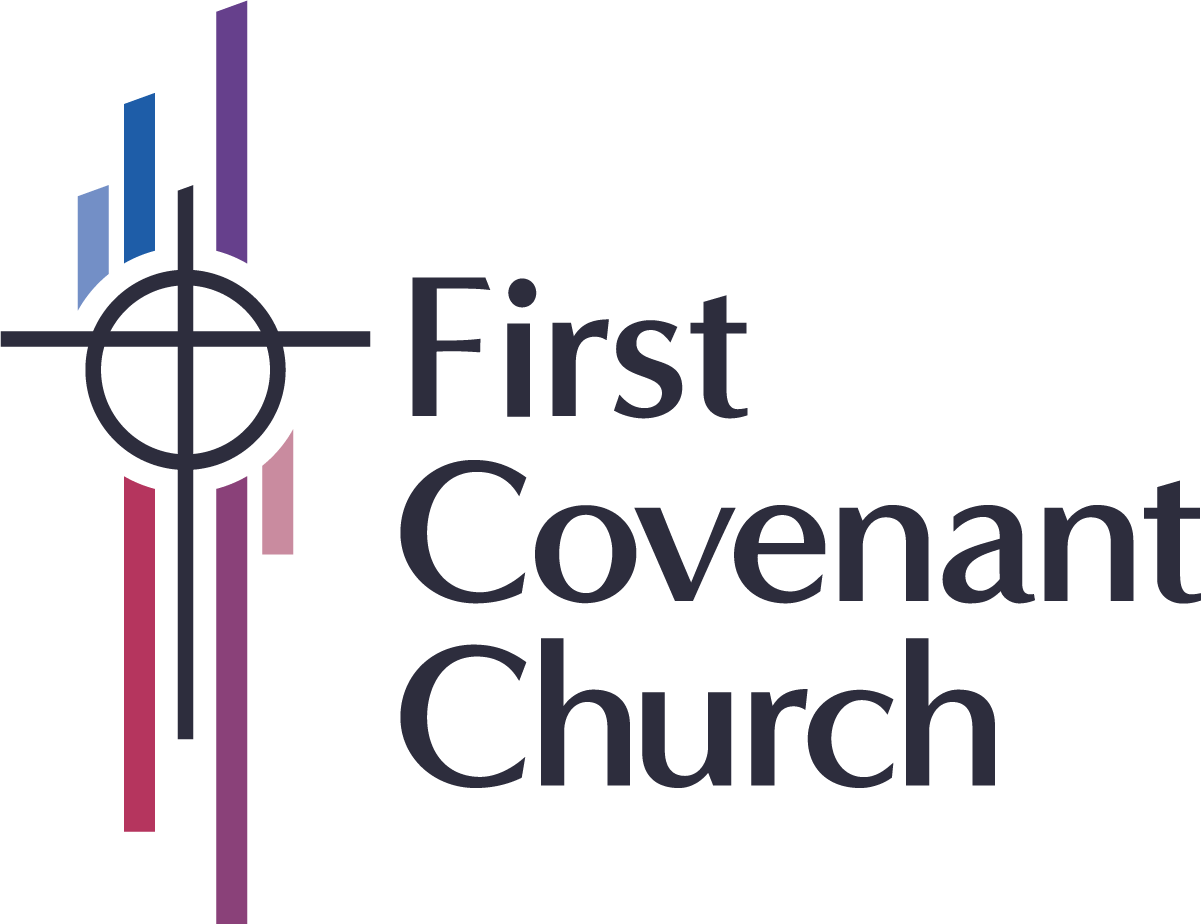The Holistic Gospel
God loves the whole human person, and in Jesus, God draws near to humans who have been fragmented and wounded by trauma. In God’s presence, we seek the full reintegration of ourselves: mind, heart, body, and soul.
The gospel is the good news that God sees creation with a deep, aching love, and becomes one of us in order to set us free from our own fragmentation and the disasters it creates.
But in the church, it’s possible to keep living a fragmented life, never enjoying the freedom and unification that God brings through the power of the Holy Spirit. We continue to compartmentalize ourselves, as if our body, mind, heart, and spirit could be separated. But God, who sees and knows us, invites us to love him and one another as integrated selves.
Even within communities that seek to love us, we might hide our faltering mental health (and for good reason). Many of us fear the ways our vulnerability will be minimized or dismissed, or that we’ll be told our mental and emotional needs can only be solved through spiritual practices. To protect ourselves, we hide. And this hiding fragments us further, making it even harder to receive compassionate understanding and patient companionship.
In Jesus, we learn that God’s desire is to stitch fragmented humans back together, and to heal the fabric of the entire human community. In the love of God, we are invited to return to integrated wholeness, growing in unity with one another, the whole creation, and ourselves.
It’s this third invitation—wholeness within ourselves—that the church often neglects. Churches can be spaces where fragmentation and hiding are possible, even encouraged. Some churches neglect the reality that our spirituality is an embodied one. Some churches neglect how mental health services are a gift to discipleship. But the way of Jesus is integrative, requiring us to offer all of our heart, soul, mind, and strength and receiving grace and help to do it. God offers us healing and his presence through many people in many ways.
We believe that the whole gospel is for the whole person. Our discipleship practices should reflect this reality. We believe that our mental health, emotional wellness, and physical embodiment are intrinsically connected to our spiritual lives—simply because that’s what whole humans are. In light of this, we cultivate a community that honors our different needs, learning to be like God who loves and sees us fully.

